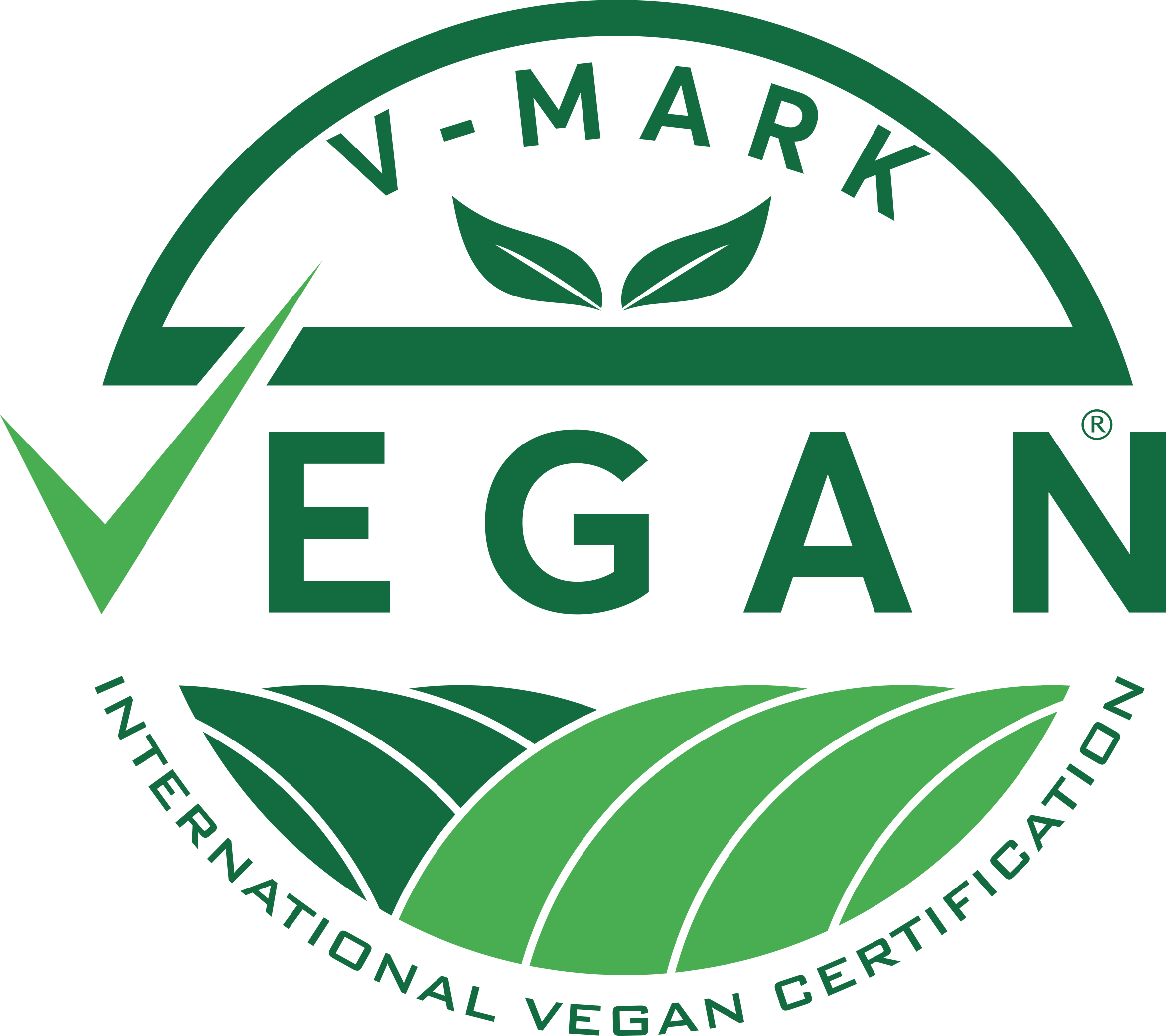Vegan Testing for Certification
Vegan certification testing is a process that ensures products and services meet a set of standards for veganism. This certification process is becoming increasingly important as more people are looking for vegan options when it comes to their lifestyle. Vegan certification testing is typically done by a third-party certifying body.

These organizations have a set of criteria that must be met before a product or service can be labeled as vegan. This criteria includes ensuring that the product contains no animal-derived ingredients, that it was not tested on animals, and that it was not produced using animal-derived products. Additionally, the certifying body will ensure that the product was not produced in any way that harms the environment or contributes to animal suffering.
The testing process typically includes a thorough inspection of the product to ensure that it meets the necessary criteria. This may include examining the ingredients used, ensuring that the manufacturing process was animal-free, and ensuring that any animal products used in the production process were ethically sourced.
Additionally, the certifying body may require that the product be tested for safety and efficacy, as well as for contaminants. Once a product has passed the vegan certification testing, it can be labeled as vegan by the certifying body. This label can be used to inform consumers that the product meets the necessary standards for veganism, and is a great way for businesses to show that they are committed to animal-free production.
What are Vegan Certification Criterias for Testing?
- Ensure that all ingredients used in the product are vegan-friendly.
- Check the product for any animal-derived ingredients, such as honey, eggs, milk, or gelatin.
- Verify that the product does not contain any animal-derived by-products, such as lanolin, gelatin, and carmine.
- Ensure that the product has not been tested on animals.
- Confirm that any packaging and production processes used do not involve animal products or by-products.
- Check that the product is free from any animal-derived additives or preservatives.
- Ensure that the product is not contaminated with any non-vegan ingredients.
- Verify that the product is labeled accurately and truthfully, with all vegan ingredients clearly stated.
- Check that the product is certified by a reputable vegan certification body like V-Mark.
The vegan certification process is an important step in promoting animal welfare and environmental sustainability. By ensuring that products and services meet a set of standards for veganism, businesses can show that they are committed to animal-free production and that they are taking steps to reduce their impact on the environment. Additionally, it can help consumers make more informed decisions about the products and services that they purchase.
Testing
- The Importance of Vegan Testing in the Cosmetics Industry
- Vegan Testing for Art Supplies: Supporting Ethical and Sustainable Practices
- Vegan Testing for Beer
- Vegan Testing for Cleaning Products
- Vegan Testing for Coffee
- Vegan Testing for Events
- Vegan Testing for Fashion
- Vegan Testing for Food Products: A Necessary Step in the Certification Process
- Vegan Testing for Hotels
- Vegan Testing for Household Products
- Vegan Testing for Manufacturing
- Vegan Testing for Office Supplies
- Vegan Testing for Packaging
- Vegan Testing for Personal Care Products
- Vegan Testing for Pet Food
- Vegan Testing for Restaurants
- Vegan Testing for Spas: Relaxation Without Animal-Derived Ingredients
- Vegan Testing for Spirit Brands
- Vegan Testing for Tea
- Vegan Testing for Wine

GET CERTIFIED
